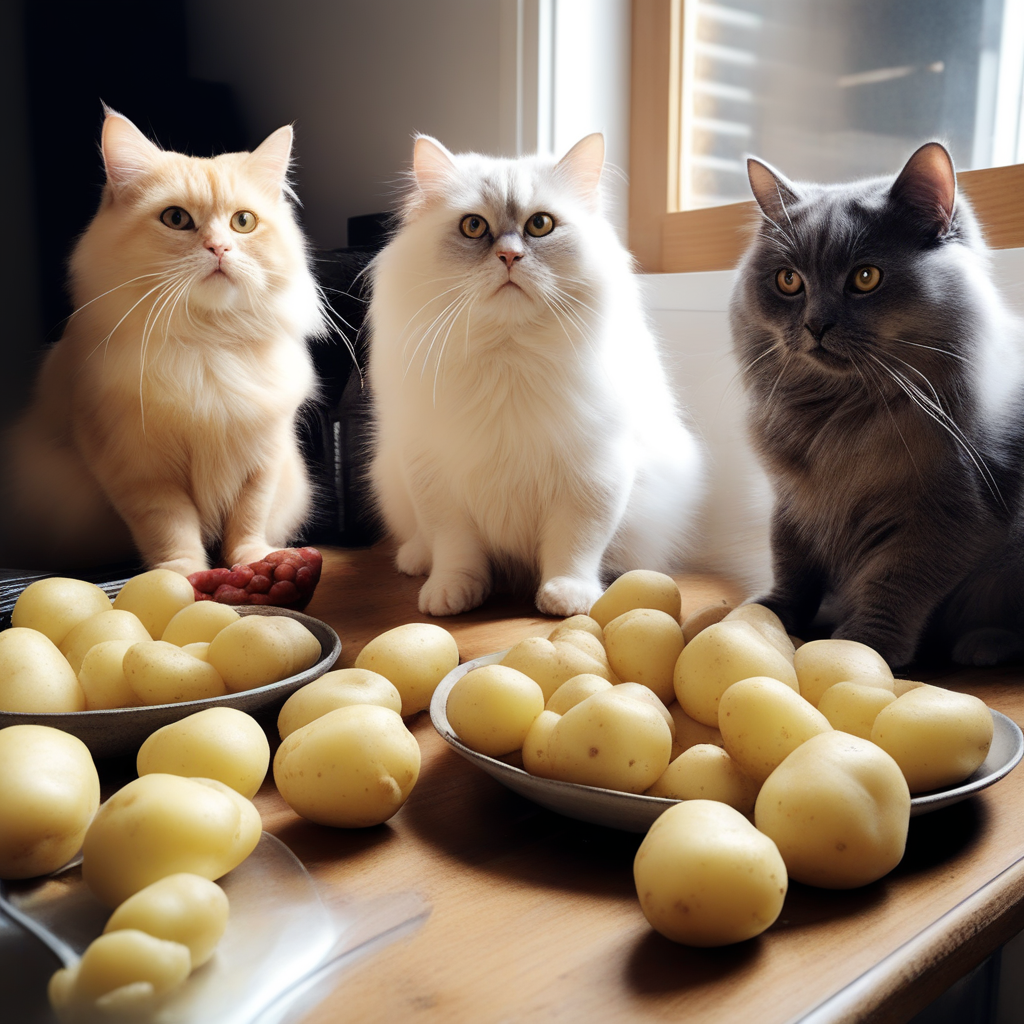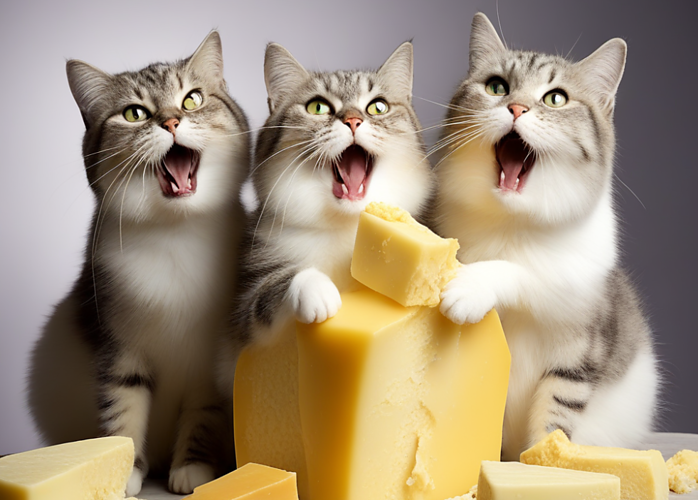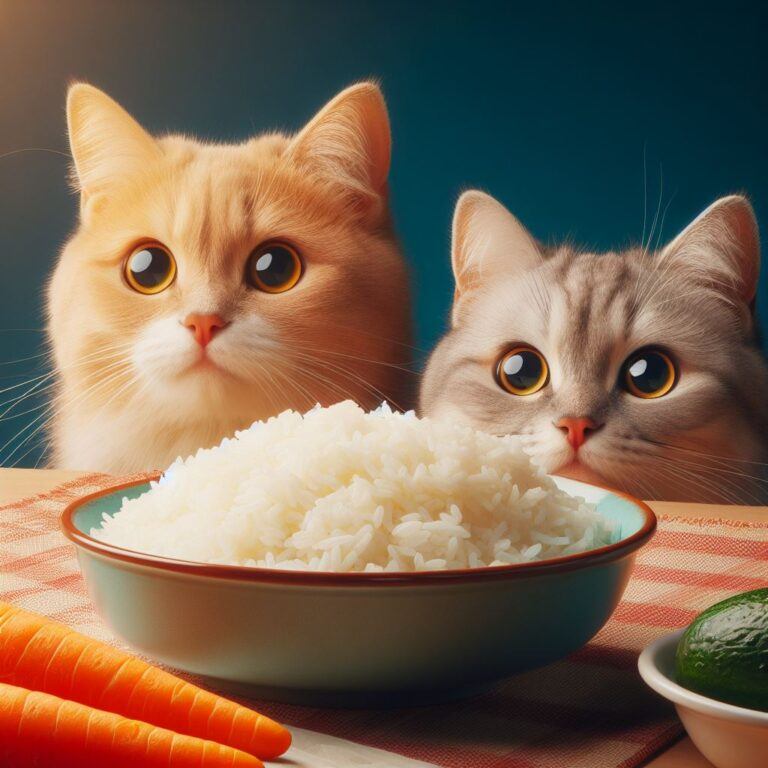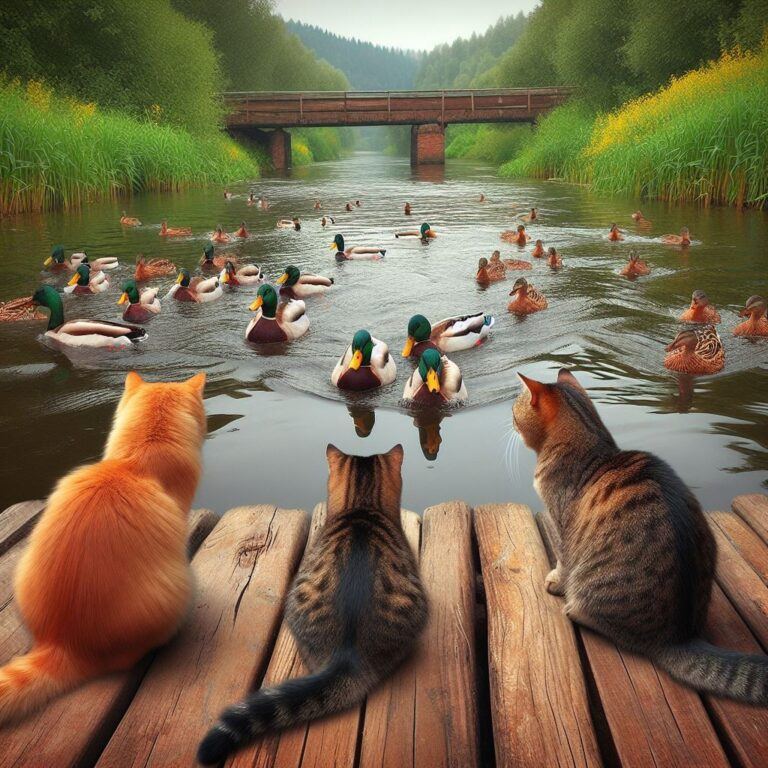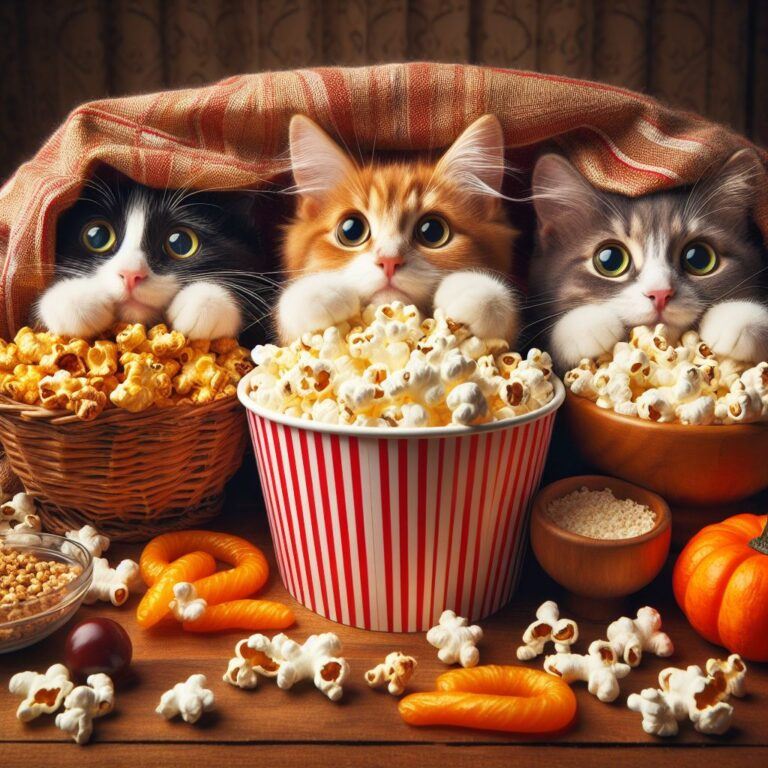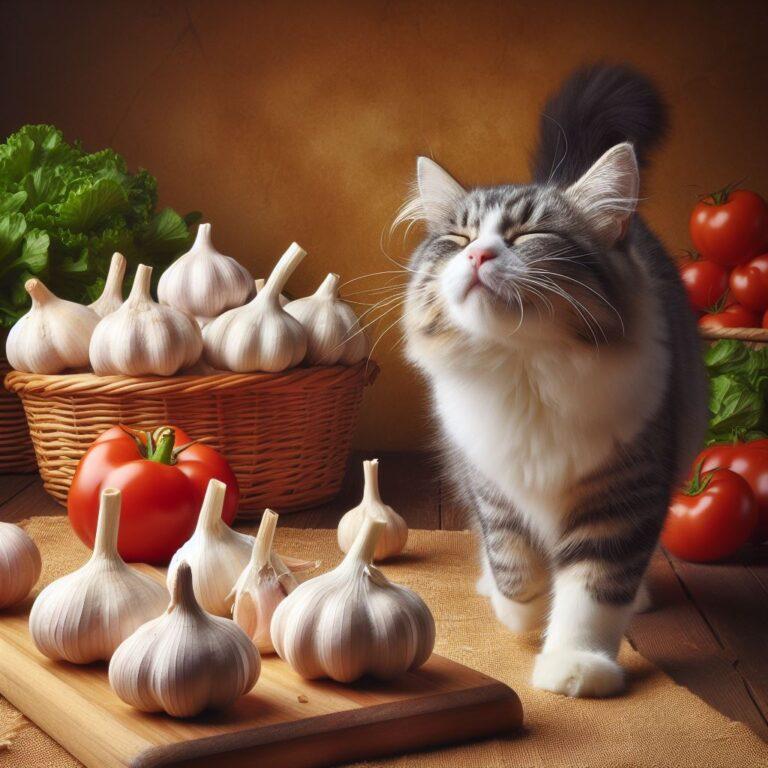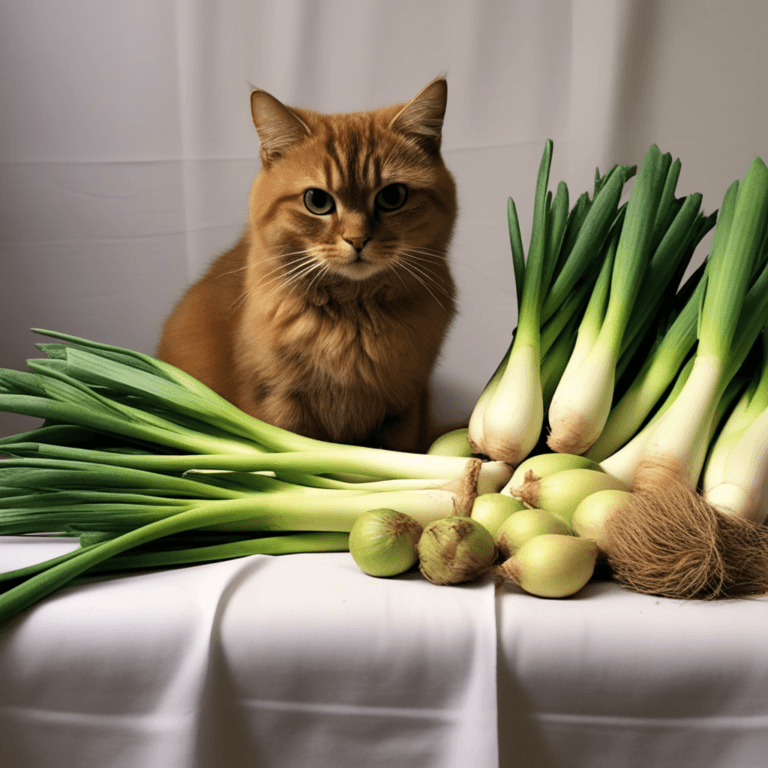Can Cats Safely Eat Potatoes
Cats can safely eat potatoes that are cooked and served plain, without any added seasonings or toppings. However, it’s critical to emphasize that raw potatoes are off-limits due to the presence of solanine, a compound that’s toxic to cats.
The internet often presents conflicting advice regarding our feline friends and their diets, which can understandably lead to some confusion. I need to provide you with factual and vet-approved guidance. In this case, the potato question has a clear answer.
Potatoes, when appropriately prepared, can be a harmless treat for your cat. Yet, they don’t offer any significant nutritional benefits that cater to your cat’s dietary needs. They’re obligate carnivores, meaning their diet should be primarily composed of meat for optimal health.
In short, while cooked potatoes can be a fun deviation from the norm, they should never replace a cat’s usual diet or be fed in large amounts. With this in mind, let’s look at the finer details. Why are raw potatoes a danger, and how can the way you cook them make a difference?
Understanding the Risks: When Potatoes Can Be Harmful to Cats
It’s crucial to recognize that not all human foods are safe for cats, and potatoes can come with risks that cat owners should be aware of. Raw potatoes contain solanine, a compound that can be poisonous to cats. If a cat ingests raw potatoes, it could lead to solanine toxicity, marked by gastrointestinal distress or worse.
The way potatoes are cooked also plays a pivotal role in their safety. You should avoid offering your cat fried or seasoned potatoes, as these can contain harmful fats and spices. Stick to plain, cooked potatoes if you choose to share with your feline friend.
Like humans, cats can have allergies and sensitivities to various foods. It’s possible for a cat to be allergic to potatoes, so observe your cat closely after introducing any new food into their diet. If you notice symptoms like itching, swelling, digestive upset, or lethargy, discontinue feeding and consult a vet.
Lastly, let’s not forget about balance. Cats are obligate carnivores, and their diet should be primarily composed of proteins. Potatoes should never be more than an occasional treat, not a staple of their diet. Overfeeding, even with safe foods, can lead to obesity and other health issues in cats.
Feeding Cats Potatoes: Best Practices and Alternatives
It’s clear that if you decide to feed your cat potatoes, the method of preparation is CRITICAL for your cat’s safety. Cooked, unseasoned potatoes in SMALL amounts may not harm your cat, but it’s vital to avoid adding any salt, garlic, onion, or other harmful ingredients.
Stick to plain, boiled, or baked potatoes, and always ensure they are COOLED sufficiently before offering a tiny portion to your cat. This should be done only OCCASIONALLY and should not become a regular part of their diet.
Since a cat’s nutritional needs are specific and their diet should be predominantly high in protein, consider potatoes as an occasional treat, not as a STAPLE or a SUBSTITUTE for their usual high-quality, meat-based cat food.
For those looking for healthier and safer alternatives, consider commercial cat treats that are specifically FORMULATED to meet their dietary requirements. Alternatively, small amounts of steamed vegetables like carrots or green beans can be a better choice for a treat, given their LOW CALORIC content and nutritional benefits.
Remember, each cat’s digestive system is different. Introduce any new food GRADUALLY and monitor your cat’s reaction to it closely. When in doubt, or when considering dietary changes, CONSULT YOUR VET to ensure the health and well-being of your furry friend.

